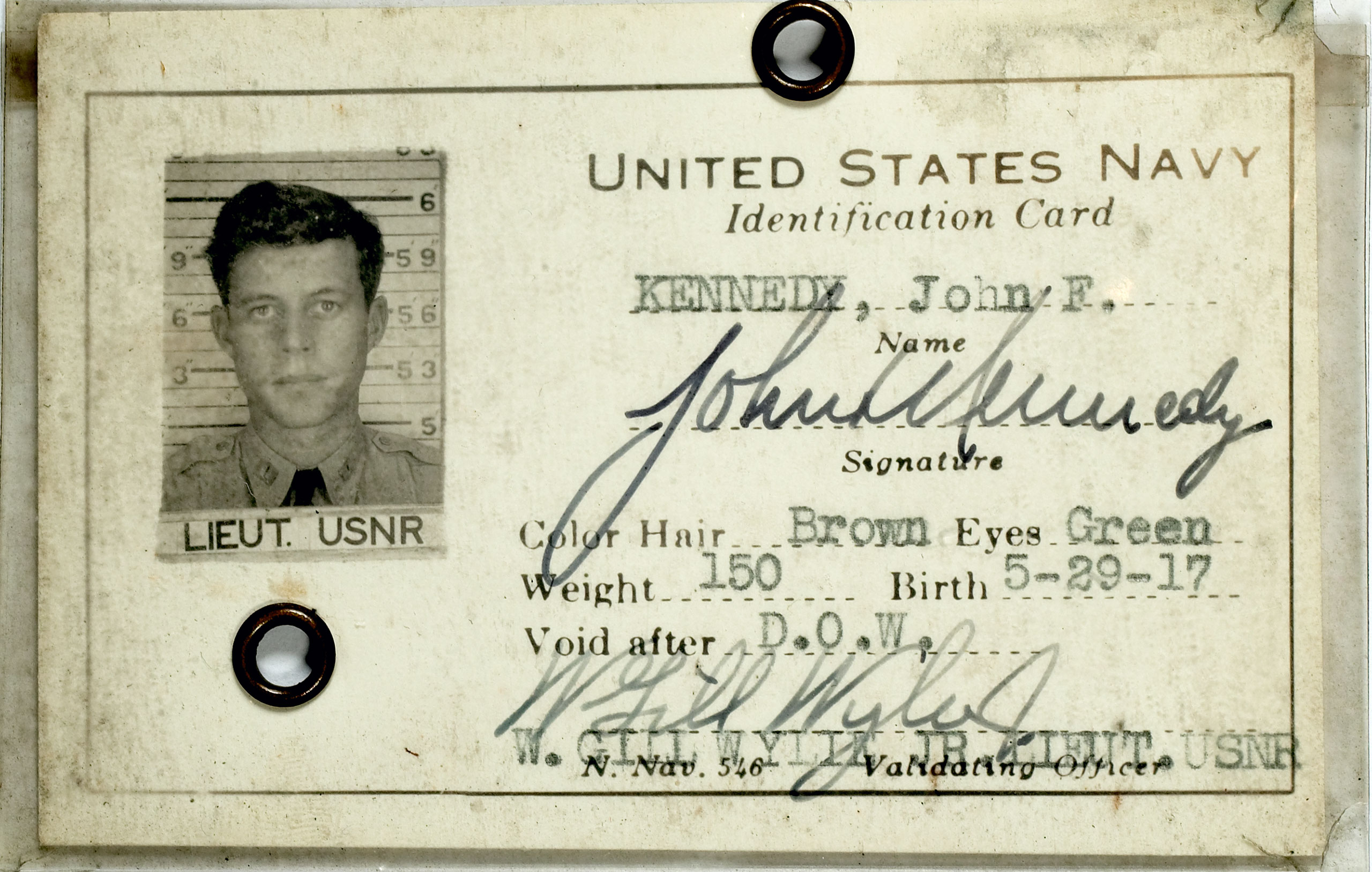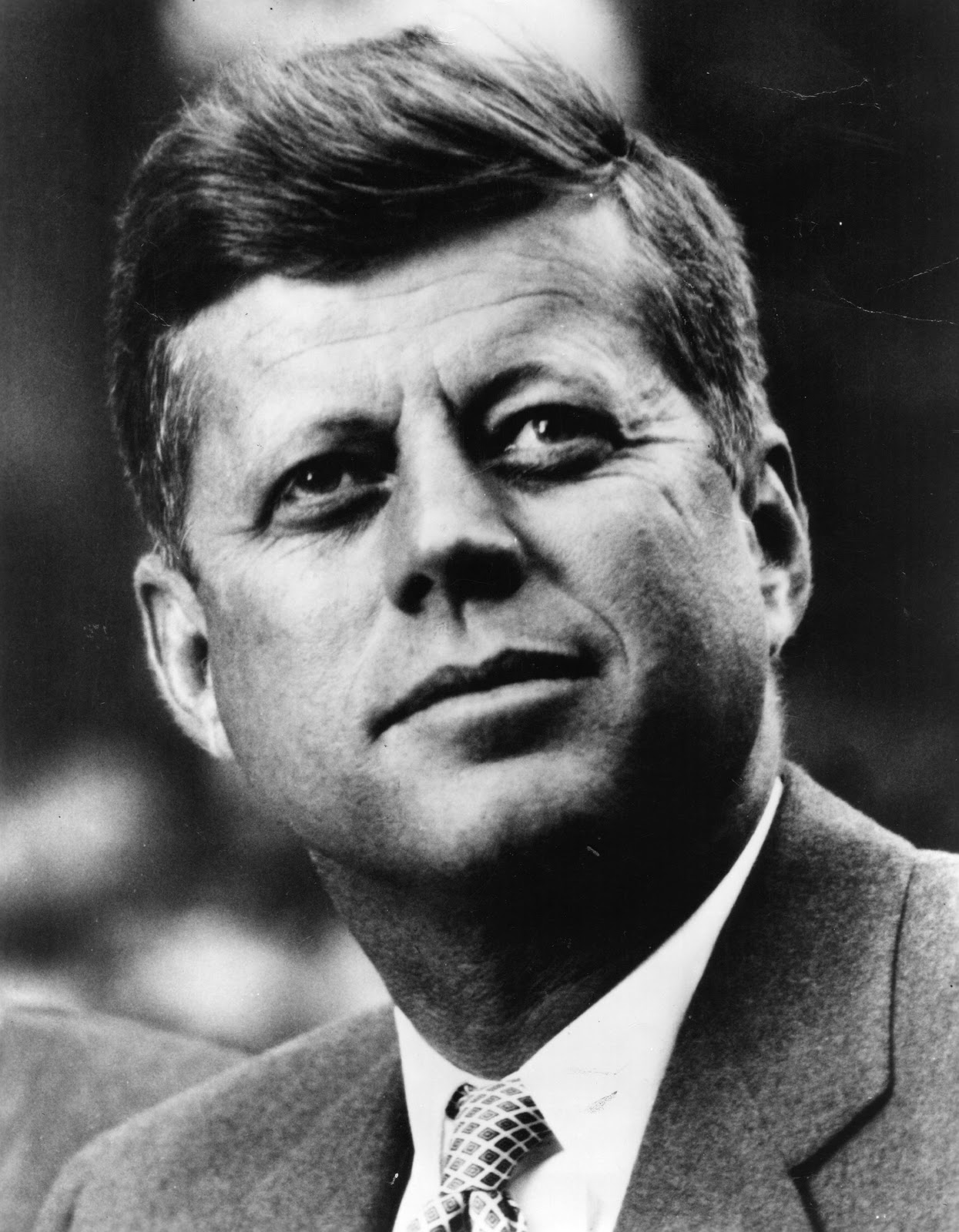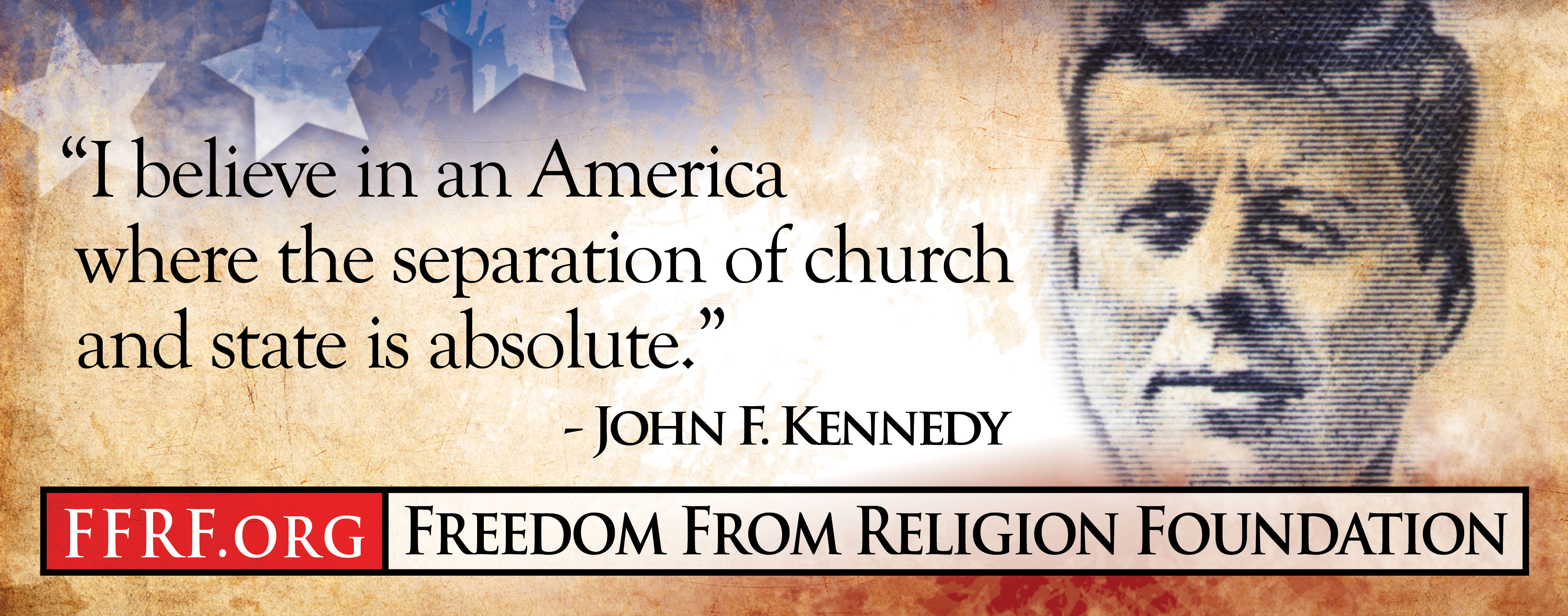John F. Kennedy, or JFK, was more than just a president—he was an icon who left a mark that still resonates across the United States today. His leadership during one of the most pivotal eras in American history shaped policies, culture, and even global relations. JFK wasn’t just about charisma; he was about vision and progress. His lasting impact is something every American can still feel in their daily lives, whether they realize it or not. So, let’s dive into why JFK remains relevant decades after his presidency.
JFK's presidency wasn't perfect, but it was transformative. He faced challenges that tested the nation's resilience, from the Cuban Missile Crisis to the Space Race, and yet, his ability to inspire hope and unity set him apart. His words, actions, and leadership style created a legacy that continues to influence politics, social justice, and international relations. This isn’t just history—it’s a story of how one man changed a nation forever.
As we explore JFK’s lasting impact on the United States, we’ll uncover the policies, events, and cultural shifts that defined his presidency. From civil rights to space exploration, JFK’s vision laid the groundwork for a brighter future. But let’s not forget the personal side of JFK—the man behind the president. Stick around because this journey through JFK’s legacy will leave you with a deeper appreciation for his contributions to America.
- Ultimate Break Your Ultimate Guide To Recharging And Relaxing
- Conan Obrien Family A Closer Look Into The Life Beyond The Latenight Spotlight
Biography of John F. Kennedy: A Brief Overview
Before diving into JFK's lasting impact, it’s important to understand the man himself. John Fitzgerald Kennedy was born on May 29, 1917, in Brookline, Massachusetts. He came from a wealthy and influential family, which played a significant role in shaping his early life and career aspirations. JFK attended Harvard University, where he graduated in 1940 with a degree in international affairs. His education and family connections paved the way for his entry into politics.
Early Life and Education
Growing up, JFK was surrounded by ambition and influence. His father, Joseph P. Kennedy Sr., was a successful businessman and politician who instilled in his children the importance of public service. JFK’s early years were marked by both privilege and challenges, including health issues that followed him throughout his life. Despite these obstacles, he excelled academically and developed a keen interest in politics and world affairs.
Political Career
JFK began his political career as a U.S. Representative for Massachusetts in 1947. He quickly made a name for himself as a passionate advocate for labor rights and economic reform. In 1953, he was elected to the U.S. Senate, where he continued to champion progressive policies. JFK’s rise to national prominence came when he secured the Democratic nomination for president in 1960. His campaign focused on themes of change, hope, and progress, which resonated with voters across the country.
- Hamel Veronica The Rising Star You Need To Know About
- Meet Chuck Schumers Wife The Woman Behind The Senator
Key Data and Facts About JFK
| Full Name | John Fitzgerald Kennedy |
|---|---|
| Date of Birth | May 29, 1917 |
| Date of Death | November 22, 1963 |
| Presidential Term | January 20, 1961 – November 22, 1963 |
| Party Affiliation | Democratic |
| Spouse | Jacqueline Lee Bouvier |
Heading 1: JFK's Role in Advancing Civil Rights
JFK’s presidency coincided with one of the most significant movements in American history—the Civil Rights Movement. While his initial approach to civil rights was cautious, JFK eventually became a strong advocate for equality and justice. In 1963, he delivered a powerful speech on national television, calling for an end to racial discrimination and urging Congress to pass comprehensive civil rights legislation.
This speech marked a turning point in the fight for civil rights, as it brought national attention to the struggles faced by African Americans. Although JFK did not live to see the passage of the Civil Rights Act of 1964, his efforts laid the groundwork for future progress. His commitment to equality continues to inspire activists and leaders today.
Key Policies and Actions
- Proposed the Civil Rights Act of 1963, which aimed to eliminate segregation and promote voting rights.
- Established the Committee on Equal Employment Opportunity to address workplace discrimination.
- Used federal troops to enforce desegregation in schools, such as during the integration of the University of Mississippi.
Heading 2: The Space Race and JFK's Vision for Space Exploration
One of JFK’s most enduring legacies is his role in the Space Race. In 1961, he set a bold goal for the United States: to land a man on the moon before the end of the decade. This ambitious vision inspired a generation of scientists, engineers, and astronauts. It also fueled innovation and technological advancements that continue to benefit society today.
JFK’s commitment to space exploration wasn’t just about winning the race against the Soviet Union; it was about pushing the boundaries of human potential. His famous speech at Rice University in 1962 encapsulated this vision, declaring, “We choose to go to the moon in this decade and do the other things, not because they are easy, but because they are hard.”
Impact on Technology and Innovation
- Investments in space technology led to breakthroughs in telecommunications, medicine, and computer science.
- Created the Apollo program, which culminated in the successful moon landing in 1969.
- Established NASA as a leading force in global space exploration.
Heading 3: JFK's Economic Policies and Their Lasting Effects
Economic growth was a top priority for JFK during his presidency. He implemented policies aimed at stimulating the economy, reducing unemployment, and promoting prosperity. One of his most significant achievements was the Tax Reduction Act of 1964, which lowered income tax rates and spurred economic growth.
JFK’s economic policies focused on creating opportunities for all Americans, regardless of their background. His belief in the power of education and innovation helped drive economic progress that lasted long after his presidency. Today, many economists credit JFK with laying the foundation for the economic boom of the 1960s.
Key Economic Initiatives
- Introduced tax cuts to stimulate consumer spending and investment.
- Invested in infrastructure projects to create jobs and improve public services.
- Supported education and training programs to prepare workers for the modern economy.
Heading 4: JFK's Influence on International Relations
JFK’s presidency was defined by its focus on global diplomacy and international cooperation. He faced numerous challenges, including the Cuban Missile Crisis, the Berlin Wall, and the Vietnam War. Through his leadership, JFK demonstrated a commitment to peace and stability, even in the face of adversity.
His efforts to improve relations with the Soviet Union and other nations laid the groundwork for future diplomatic breakthroughs. JFK’s vision of a more peaceful world continues to inspire leaders around the globe.
Major Diplomatic Achievements
- Successfully negotiated the Nuclear Test Ban Treaty with the Soviet Union.
- Established the Peace Corps to promote international development and cooperation.
- Worked to reduce tensions during the Cuban Missile Crisis, preventing a potential nuclear war.
Heading 5: JFK's Cultural Impact on the United States
JFK wasn’t just a political figure; he was a cultural icon. His charisma, charm, and eloquence captivated the nation and the world. JFK and his wife, Jacqueline, brought a sense of glamour and sophistication to the White House, transforming it into a symbol of American culture and art.
His presidency coincided with a period of great change in American society, from the rise of television to the emergence of counterculture movements. JFK’s ability to connect with people from all walks of life made him a beloved figure whose legacy continues to inspire.
Key Cultural Contributions
- Encouraged the arts and humanities through initiatives like the National Cultural Center (now the Kennedy Center).
- Used television to communicate directly with the American people, setting a precedent for future presidents.
- Championed education and intellectualism, inspiring a generation of young Americans to pursue higher learning.
Heading 6: JFK's Lasting Impact on American Politics
JFK’s influence on American politics extends far beyond his presidency. His leadership style, focus on progress, and commitment to public service have inspired countless politicians and leaders. JFK’s legacy is evident in the policies and initiatives that continue to shape the nation today.
His assassination in 1963 shocked the world and left a lasting mark on American history. However, his vision for a better future endures, serving as a reminder of what can be achieved through leadership, courage, and determination.
Lessons Learned from JFK's Presidency
- Leadership requires vision, courage, and the ability to inspire others.
- Progress is possible when people come together to address shared challenges.
- Public service is a noble calling that demands dedication and sacrifice.
Heading 7: JFK's Influence on Modern-Day America
JFK’s legacy continues to shape modern-day America in countless ways. From civil rights to space exploration, his policies and initiatives have had a lasting impact on the nation. His vision for a better future inspires leaders, activists, and citizens alike to strive for progress and equality.
In today’s world, JFK’s message of hope and unity is more relevant than ever. As the United States faces new challenges, his example serves as a reminder of what can be achieved through leadership, innovation, and determination.
How JFK's Legacy Influences Current Events
- Continued focus on civil rights and social justice.
- Ongoing investments in space exploration and technology.
- Commitment to global diplomacy and international cooperation.
Heading 8: JFK's Personal Life and Its Impact on His Legacy
JFK’s personal life was as fascinating as his political career. His marriage to Jacqueline Kennedy and their life in the White House became a symbol of American prosperity and elegance. However, JFK’s personal life was not without controversy, and his relationships outside of marriage have been the subject of much speculation.
Despite these challenges, JFK’s personal life added depth and complexity to his legacy. His ability to balance public service with personal fulfillment demonstrated a rare level of humanity and authenticity.
Key Aspects of JFK's Personal Life
- Marriage to Jacqueline Kennedy and their two children, Caroline and John Jr.
- Health challenges that he overcame throughout his life.
- Relationships and friendships that shaped his presidency.
Heading 9: JFK's Assassination and Its Impact on the Nation
JFK’s assassination on November 22, 1963, shocked the world and left an indelible mark on American history. The tragedy brought the nation together in mourning and prompted a renewed commitment to the ideals JFK represented. His death also sparked investigations and conspiracy theories that continue to captivate the public imagination.
Despite the tragedy, JFK’s legacy endures as a symbol of hope, progress, and unity. His untimely death serves as a reminder of the fragility of life and the importance of cherishing every moment.
Key Events Surrounding JFK's Assassination
- Shooting in Dallas, Texas, on November 22, 1963.
- Investigation by the Warren Commission and subsequent findings.
- Public reaction and memorialization of JFK’s life and legacy.
Heading 10: JFK's Legacy: A Vision for the Future
JFK’s lasting impact on the United States is a testament to his vision, leadership, and courage. From civil rights to space exploration, his policies and initiatives continue to shape the nation today. JFK’s legacy serves as a reminder of what can be achieved through dedication, innovation, and determination.
As we look to the future, JFK’s example inspires us to strive for progress, equality, and unity. His vision for a better world remains relevant and necessary in today’s rapidly changing society. Let’s honor JFK’s legacy by continuing to work toward a brighter future for all Americans.
Conclusion: JFK's Lasting Impact on the United States
JFK’s presidency was a defining moment in



Detail Author:
- Name : Stanley Walker
- Username : doyle83
- Email : jewel.boehm@gmail.com
- Birthdate : 1999-04-21
- Address : 6087 Heaney Port East Royalstad, AK 70824-7443
- Phone : +1-919-806-9943
- Company : Jerde-Stracke
- Job : Security Guard
- Bio : Mollitia quia quis reiciendis magnam magnam vero cupiditate. Et nulla maxime rerum reprehenderit. Earum eum qui unde et adipisci quia iste.
Socials
facebook:
- url : https://facebook.com/jayne7189
- username : jayne7189
- bio : Tenetur doloremque omnis qui consequatur sapiente possimus dolorem.
- followers : 402
- following : 798
linkedin:
- url : https://linkedin.com/in/smitham1999
- username : smitham1999
- bio : Consequatur qui dolor est.
- followers : 3627
- following : 78